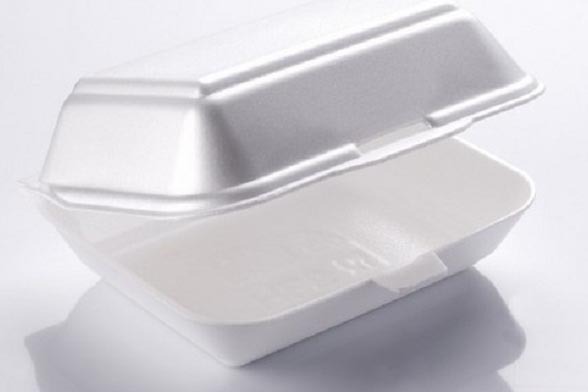
Zimbabwe’s largest polystyrene manufacturer, Planas Trading has ceased operations, laying off about 70 employees after government invoked a ban on kaylite packaging last year.
BY TATIRA ZWINOIRA
In July last year, government invoked Statutory Instrument (SI) 84 of 2012, which banned the product due to health risks. The ban came after findings from a University of Zimbabwe (UZ) report showed that the product had environmental and health effects which were cancerous.
In a telephone interview with NewsDay on Wednesday, Planas sales and marketing manager Melody Frank said, while former President Robert Mugabe’s government issued a three-month reprieve, manufacturers were actually given three weeks.
“We never did get the three months. We were told after three weeks that we needed to stop straight away. The three months never came into play. And we are very disappointed about it, because we actually offered and put through a waste management proposal which we actually paid for,” she said.
“We have lost between $250 000 to $350 000 per month because those were our monthly sales figures and have had 60 to 70 workers losing their jobs.”
She said Planas was working hard on finding an alternative to kaylite packaging but this is an expensive process, before adding that the distributors have now resorted to importing plastic that was neither tested nor approved.
“We are unhappy about that because we felt with our kaylite, we were not given a chance to go and do tests on our product to dispel rumours on the carcinogenic issues, as it is a widely used product, it is used in the first world,” she said.
- Chamisa under fire over US$120K donation
- Mavhunga puts DeMbare into Chibuku quarterfinals
- Pension funds bet on Cabora Bassa oilfields
- Councils defy govt fire tender directive
Keep Reading
“Right now, we are researching into a new product and this cannot be done in a month or whatever and needs a lot of time, so we are trying to get a product which is biodegradable.”
However, government gave a three-month reprieve meant to help players clear their stock, while finding alternatives. But Frank, who is also the chairperson of the Zimbabwe Polystyrene Packaging Council, says manufacturers were not given enough time.
The report compiled by UZ stated that kaylite was not biodegradable and took up to 500 years to disintegrate, as it was made up of 95% air and 5% plastic and hence ultra-light, contributed to littering, and not economical to recycle.
It also said when burnt, kaylite produced fumes that contained styrene gas which was a carcinogenic.
However, polymer engineer and scientist Innocent Chikurunhe, did not agree with the report saying it lacked empirical evidence since the UZ did not have a laboratory accredited to properly check polystyrene.
“The department that actually gave rise to those findings is one of family food and nutrition. It has no equipment capable of analysing polymeric materials. Those people are not material scientists,” he said.
Chikurunhe added kaylite was made lighter to reduce the cost of the package and has less than one gramme of the internationally accepted 10 that products used for food should have, does not have enough chemicals to be considered carcinogenic and needs to be melted at between 180 and 200 degrees to produce harmful fumes.











